On March 26 in Cuba, in Antonio Maceo Revolution Square, in Santiago, Cuba’s second-largest city, in front of 200,000 people, Cuban President Raul Castro sat in the front row for Mass.
This seemed incongruous, and yet also, a sign of hope for the future in a Communist state which, though now more tolerant of religious practice than in earlier decades, continues to prevent the construction of new churches and strictly limits Catholic access to state media.
The Pope painted a dire picture of a society without faith.
“When God is set aside, the world becomes an inhospitable place for man,” he said. “Apart from God, we are alienated from ourselves and are hurled into the void.
“Obedience to God is what opens the doors of the world to the truth, to salvation,” the Pope continued. “Redemption is always this process of the lifting up of the human will to full communion with the divine will.”
Taking his theme from the day’s liturgical feast of the Annunciation, when Mary learned that she would conceive and bear the Son of God, the Pope emphasized that the fulfillment of the divine plan involved Mary’s free acceptance of her role.
“Our God, coming into the world, wished to depend on the free consent of one of his creatures,” Pope Benedict said. “It is touching to see how God not only respects human freedom: He almost seems to require it.”
The most specific advice in the Pope’s homily regarded a topic familiar to his listeners in the prosperous capitalist countries of Western Europe and North America: the sanctity of the “family founded on matrimony” as the “fundamental cell of society and an authentic domestic Church.”
“You, dear husbands and wives, are called to be, especially for your children, a real and visible sign of the love of Christ for the Church,” Benedict said. “Cuba needs the witness of your fidelity, your unity, your capacity to welcome human life, especially that of the weakest and most needy.”
According to the Center for Demographic Studies at the University of Havana, Cuba’s divorce rate has almost tripled in four decades, rising from 22 divorces per 100 marriages in 1970 to 64 in 2009.
The country’s parliament is scheduled later this year to consider the legal recognition of same-sex marriage, in response to a campaign led by Mariela Castro, daughter of President Raul Castro.
Despite his challenges to Cuban society, Pope Benedict concluded his homily by repeating an earlier call for patience with the Catholic Church’s policy of dialogue and cooperation with the Communist regime, a process initiated by Blessed John Paul II during his 1998 visit to Cuba.
“May we accept with patience and faith whatever opposition may come,” the Pope said. “Armed with peace, forgiveness and understanding… strive to build a renewed and open society, a better society, one more worthy of humanity, and which better reflects the goodness of God.”
After flying from Mexico, the Pope was greeted at the airport in Santiago de Cuba March 26 by President Raul Castro and a formal salute of 21 cannon blasts.
Crowds began arriving along the Pope’s motorcade route at around 10 a.m. By 11:30, many of the streets in Santiago de Cuba were human rivers.
At the arrival ceremony, the Pope told the crowd, “I come to Cuba as a pilgrim of charity, to confirm my brothers and sisters in the faith and strengthen them in the hope which is born of the presence of God’s love in our lives.”
He said the visit in 1998 of Blessed John Paul II “left an indelible mark on the soul of all Cubans” and was “like a gentle breeze of fresh air, which gave new strength to the Church in Cuba.”
After the visit 14 years ago, the government began granting concessions for public processions, gave the Church some access to media, eased the process for visas for foreign Church personnel and helped restore some older Church buildings.
Pope Benedict told Castro that Blessed John Paul’s visit inaugurated “a new phase in the relationship in Cuba between Church and state in a new spirit of cooperation and trust,” but, he also said, “many areas remain in which greater progress can and ought to be made, especially as regards the indispensable public contribution that religion is called to make in the life of society.”
The Vatican has long asked the Cuban government for the freedom to run schools, to build new churches, to provide spiritual assistance to prisoners, and for Church institutions, especially Catholic charities, to be given full legal recognition.
Speaking of the hopes and aspirations of the island’s people, the Pope twice referred to “all Cubans, wherever they may be,” a reference that included Cuban exiles and emigrants.
He said he carried in his heart “their sufferings and their joys, their concerns and their noblest desires, those of the young and the elderly, of adolescents and children, of the sick and workers, of prisoners and their families, and of the poor and those in need.”
In talking about the economic challenges facing Cuba, Pope Benedict did not mention the US economic embargo, which has been in place since 1962 and which the Vatican has repeatedly criticized as a measure that harms the Cuban people.
Instead, the Pope spoke about the moral and ethical failures that he believes caused the global crisis.
The crisis is “part of a profound spiritual and moral crisis which has left humanity devoid of values and defenseless before the ambition and selfishness of certain powers which take little account of the true good of individuals and families,” he said.
The answer, the Pope said, must be “an ethics which focuses on the human person and takes account of the most profound human needs, especially man’s spiritual and religious dimension.”
The Pope said he would kneel at the Shrine of Our Lady of Charity of El Cobre, Cuba’s patroness, to thank Mary “for her concern for all her Cuban children, and to ask her to guide the future of this beloved nation in the ways of justice, peace, freedom and reconciliation.”
In his speech welcoming the Pope, Castro railed against the United States and told the Pope that his government shares many ideas with the Catholic Church, particularly regarding peace and the need for an economic system marked by solidarity.

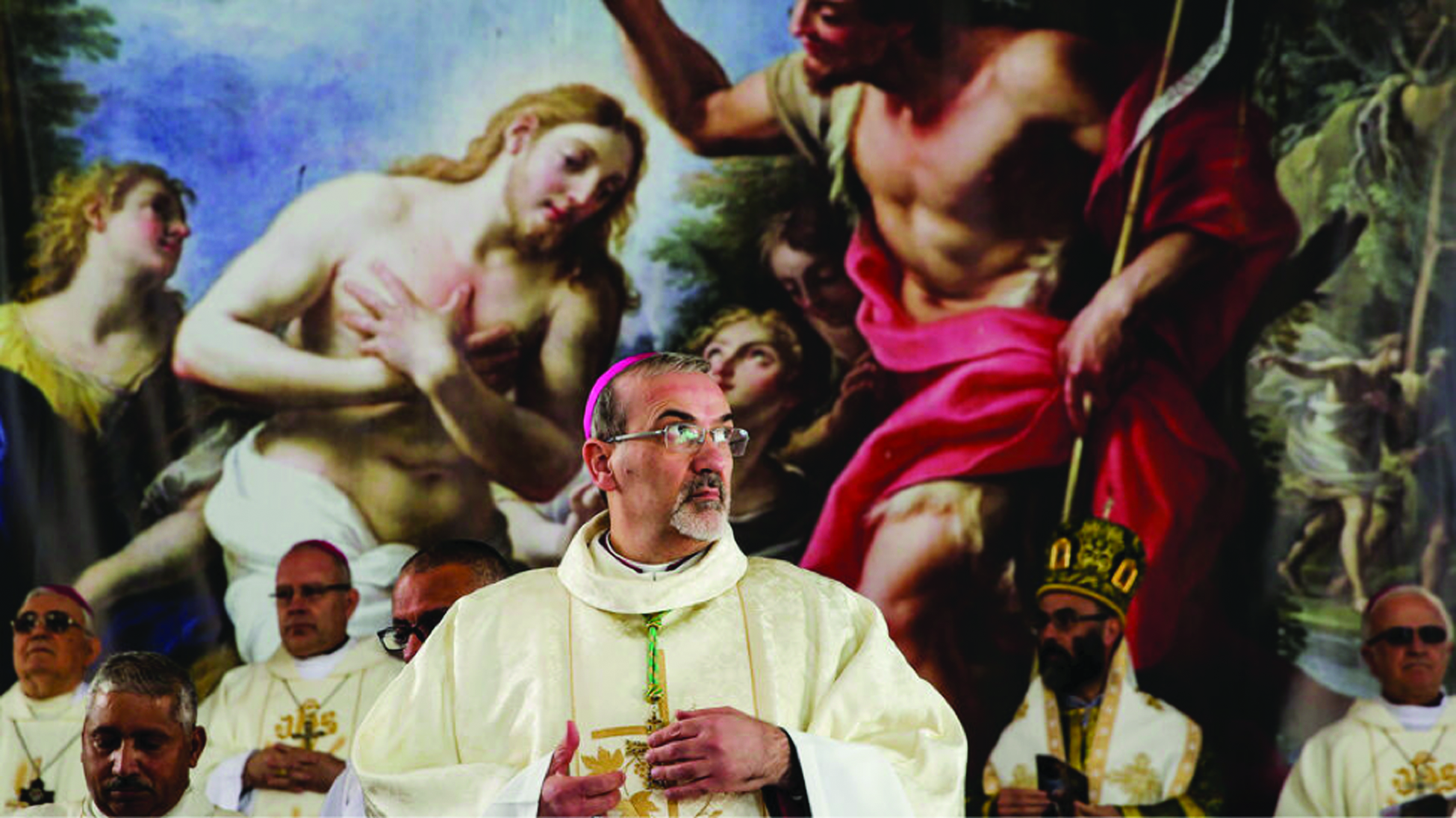
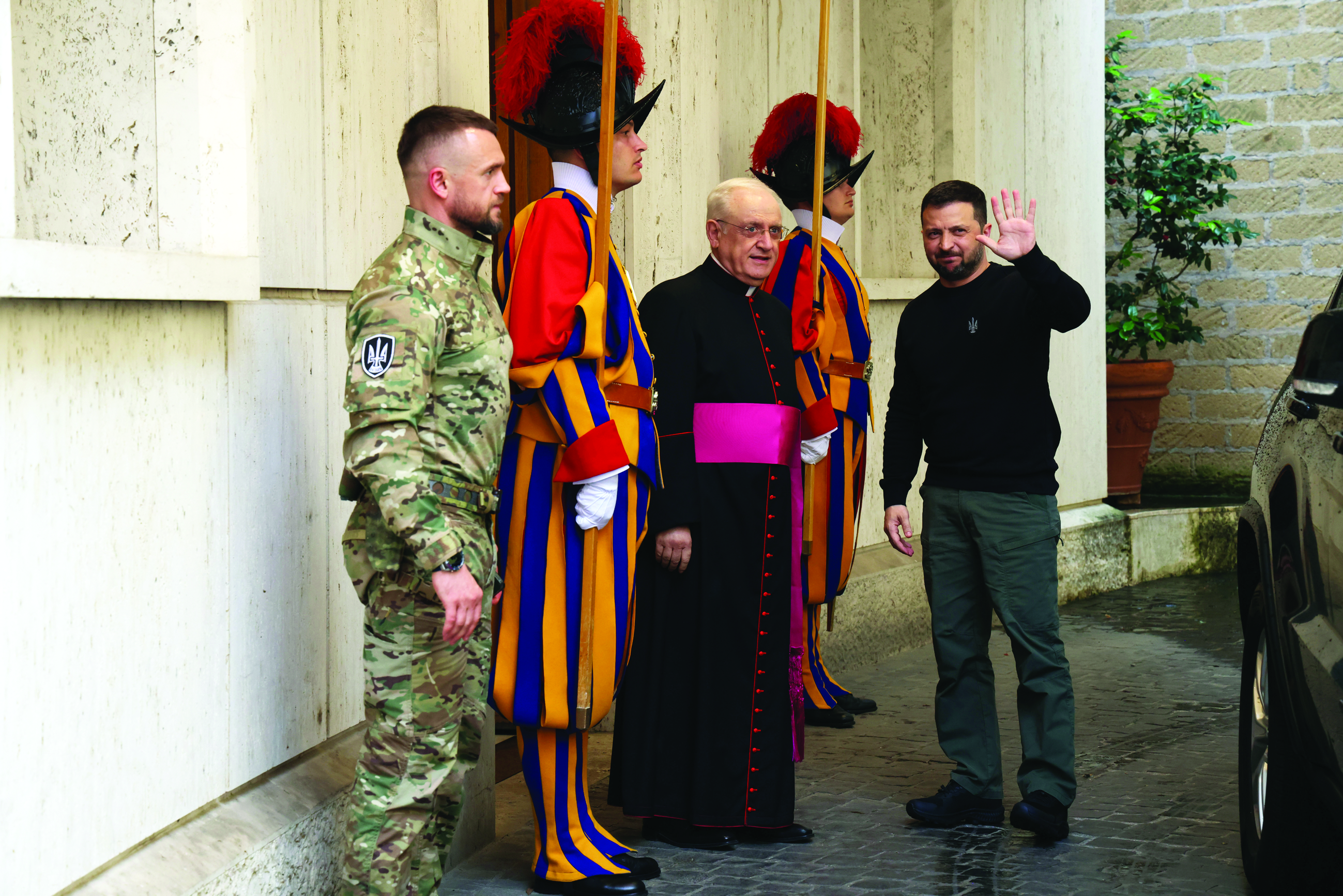
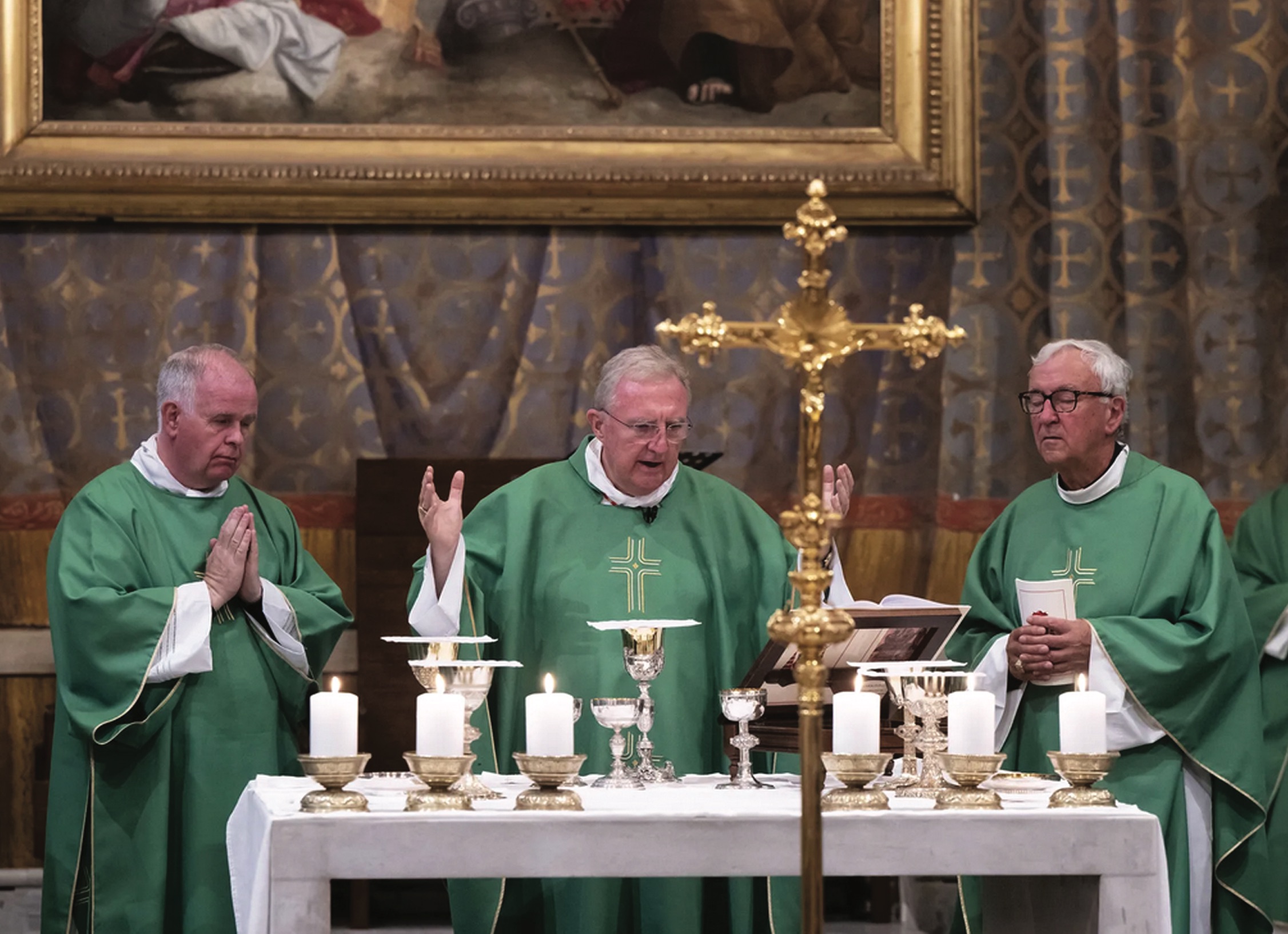
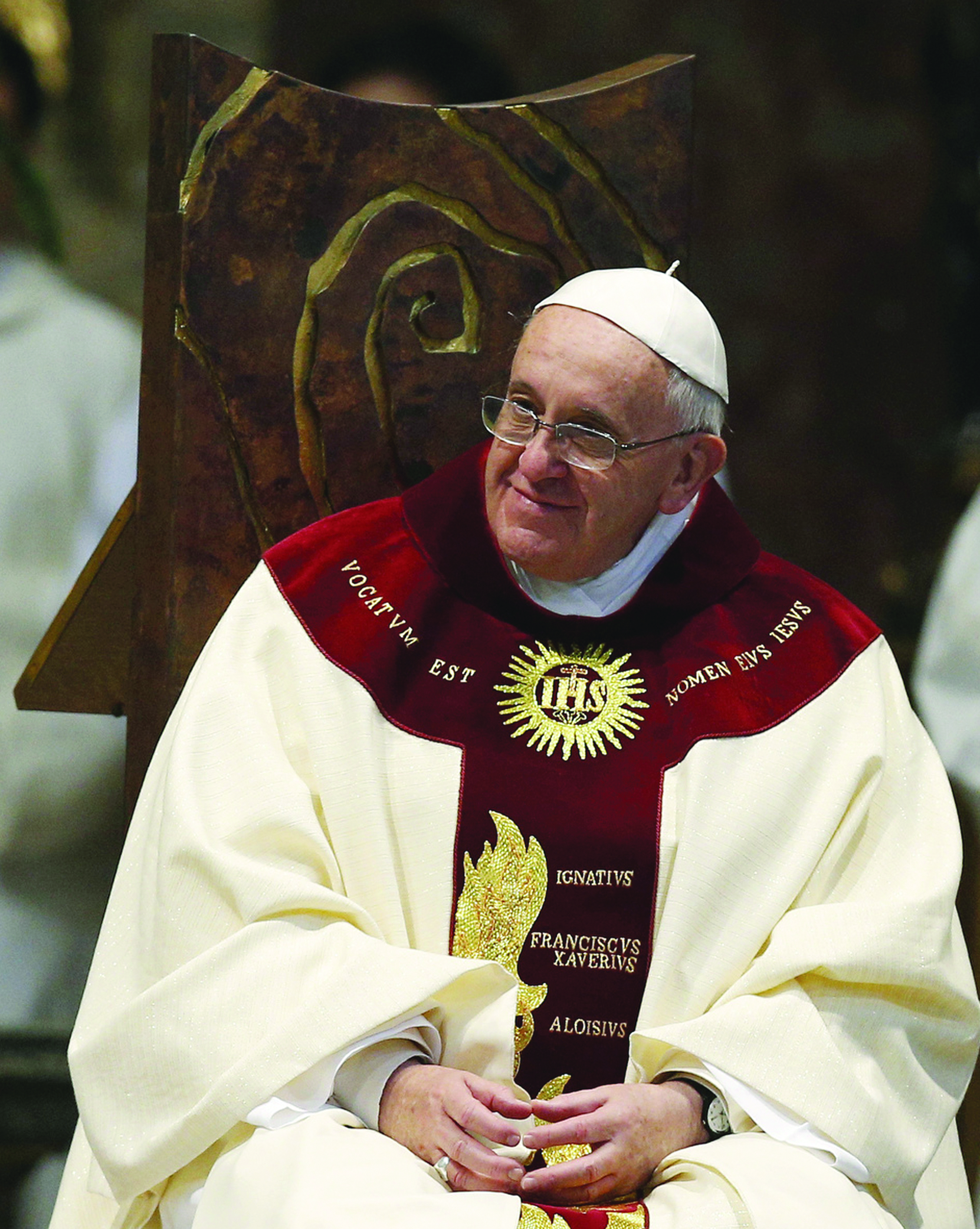
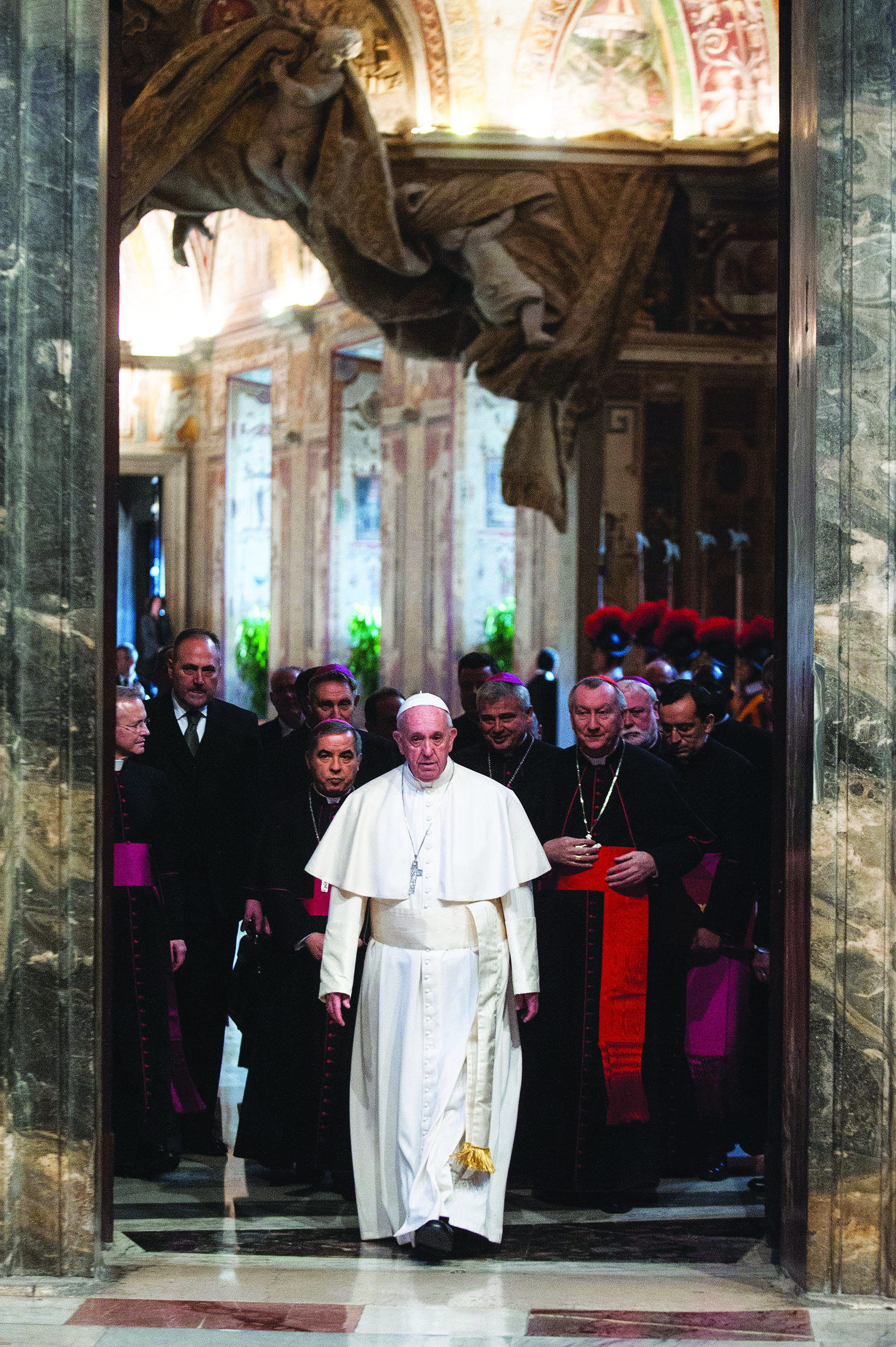
Facebook Comments